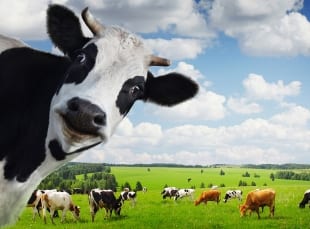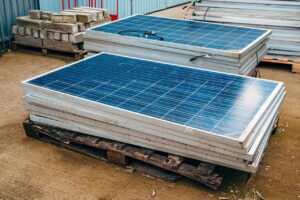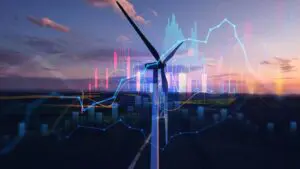The 2019 federal election in Australia was essentially the last possible chance the Morrison government would have to enact a culture war on electric vehicles. A litany of ludicrous claims about towing utes and ending weekends helped create a generalised anxiety about EVs, and likely contributed to their election win.
Things have changed in two short years. It’s become extremely clear that, in the 2020s, EVs aren’t just normalised, they’re sought after. They have cultural power and all that’s missing is federal government policy to make them cheaper and charging infrastructure to make them usable. “EVs will end the weekend” will never fly again – not at an election, or outside of one.
Add this to the list of old talking points that have died a welcome death, in Australia. It certainly feels like “coal is good for humanity” has come and gone. And there seems to be a wider understanding that actually, no, you don’t need fossil fuels to run a safe, effective and cheap electricity grid – the renewable energy culture war was probably lost before it ever began.
That means a range of new culture wars must be activated to sustain the project of countering climate action and decarbonisation. In Australia, the use of fossil gas in homes – for heating and cooking – has recently shown signs that it’ll be the next big thing. Policies that place a ban on connections to the gas network for new homes, such as those in the ACT, mean the industry is focusing on advertising and promotions of “natural” gas.
But a new front has opened up in America: meat. Around the world, agriculture and specifically the farming of beef contribute significant quantities of methane – a greenhouse gas – to the atmosphere. The biological processes of cows result in burps and farts of methane that are considerable.
https://twitter.com/donmoyn/status/1386445358285344769
A blatant and extremely straightforward lie went viral across the Republican party and its various media allies: Joe Biden is banning meat. There’s so little to this claim that it’s simply not worth debunking – it was just purely made up. The US Daily Mail played a key role in this. “In children’s terms, the study found that if people reduce meat eating by a lot, emissions would fall a lot.” Daily Mail was like .. Biden wants to cut emissions by a lot. “Therefore, he’ll force people to reduce meat eating by the same amount this random study looked at”, wrote CNN reporter Daniel Dale.
This stuff is completely imaginary. Biden has not proposed any limit on Americans’ meat consumption.
What happened: 1) The Daily Mail ran an article that dishonestly connected Biden’s climate plan with a not-at-all-about-Biden study. 2) Others on the right just ran with this. pic.twitter.com/VRB52TPmUj
— Daniel Dale (@ddale8) April 25, 2021
That Fox News and Republicans would absolutely lose it over a piece of wholly fabricated information isn’t particularly new. But it does show that there is essentially an unlimited supply of culture war fodder for opponents of climate action. US Climate reporter Emily Atkin reports in her ‘Heated’ newsletter that the meat industry in the US has played a role in delaying action to reduce emissions in agriculture, and even casting doubt on the science. In the midst of it all, the massive recipe and food site Epicurious announced it is going to be removing been from recipes:
Today we announced that Epicurious is cutting out beef. It won’t appear in new Epi recipes, articles, newsletters, or on social. This isn’t a vendetta against cows or people who eat them. It’s a shift about sustainability; not anti-beef but pro-planet. https://t.co/yQ8PrtChtE
— epicurious (@epicurious) April 26, 2021
There is already some precedent for this, in Australia. Recently, the leader of the Nationals, Michael McCormack, was insisting that the agriculture industry ought to be excluded from any net zero targets – despite Australia’s farmers declaring they would rather be part of the solution. And who could forget the claim that Australia’s short-lived carbon pricing scheme would result in a lamb roast inflating to ludicrous price levels?
Reducing demand for red meat through dietary change is well recognised as a useful though partial tool for tackling emissions in agriculture. But considering the extreme trigger-finger hypersensitivity in the US on this, it is unnerving to think of how even the slightest suggestion of reduced meat consumption would play out in Australia. It would be ‘EVs end the weekend’ to the power of ten.
There are many more pressing and easily decarbonised sectors right now. Power, transport, homes, buildings and industry all have ready-to-roll technological replacements that benefit from demand reductions, but don’t need them. When the meat wars come to Australia, though, it’s likely that they’ll be bloodier than anywhere else in the world.








